February 11 stands as one of history’s most eventful days, witnessing the rise and fall of empires, groundbreaking discoveries, and moments that shaped our modern world across centuries of human achievement.

Politics and Government Events on February 11
1919 – Friedrich Ebert Elected President of Germany

Friedrich Ebert of the Social Democratic Party secured the German presidency during the turbulent Weimar Republic era. His election marked Germany’s first democratic transition following the Kaiser’s abdication after World War I.
The SPD leader faced enormous challenges including economic collapse and political extremism. Ebert’s presidency established crucial precedents for German democratic governance during this critical period.
1979 – Iranian Revolution Establishes Islamic Theocracy
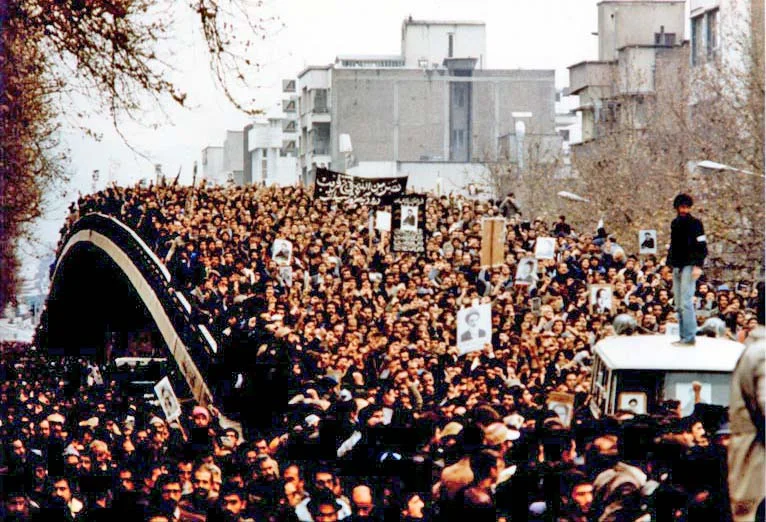
Ayatollah Ruhollah Khomeini’s revolutionary forces overthrew the Shah’s regime, fundamentally transforming Iran’s political landscape. The revolution established an Islamic theocracy that would reshape Middle Eastern geopolitics for decades.
Millions of Iranians participated in protests that culminated in this historic victory. The new Islamic Republic immediately began implementing religious law and severing ties with Western allies.
1990 – Nelson Mandela Released from Prison

Nelson Mandela walked free from Victor Verster Prison after 27 years of imprisonment, marking a pivotal moment in South Africa’s struggle against apartheid. His release triggered negotiations that would end white minority rule.
The African National Congress leader’s freedom symbolized hope for millions of oppressed South Africans. Mandela’s release set in motion the democratic transformation that would make him president four years later.
2011 – Hosni Mubarak Resigns in Egypt
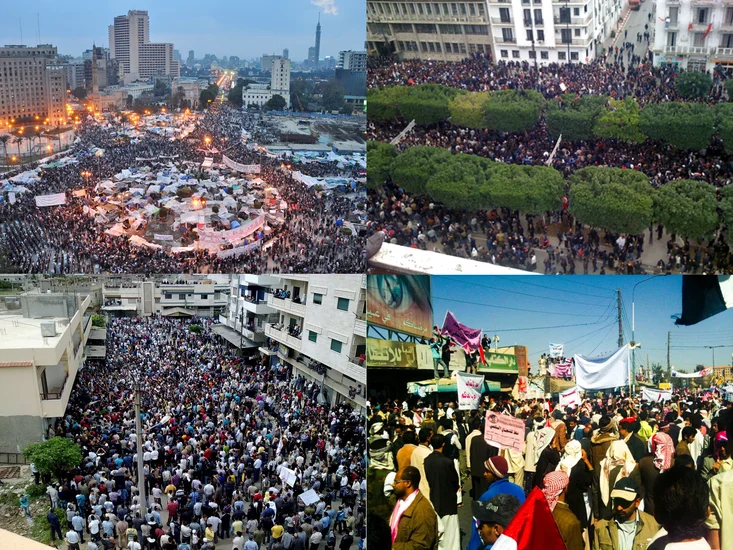
Egyptian President Hosni Mubarak stepped down after 17 days of massive protests during the Arab Spring movement. The Supreme Military Council assumed power as millions celebrated in Tahrir Square.
Mubarak’s resignation ended three decades of authoritarian rule in Egypt. The popular uprising demonstrated the power of sustained civil resistance in toppling entrenched dictatorships.
2013 – Pope Benedict XVI Announces Resignation
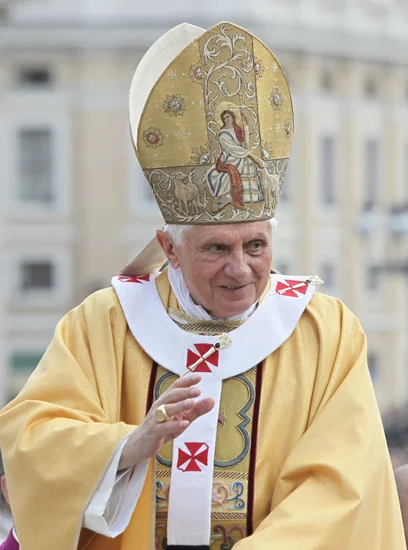
The Vatican confirmed Pope Benedict XVI’s shocking decision to resign the papacy due to his advanced age and declining health. His announcement sent shockwaves through the Catholic Church and global community.
Benedict became the first pope to resign in nearly 600 years. His unprecedented decision paved the way for the election of Pope Francis and significant reforms within the Catholic Church.
2024 – Alexander Stubb Elected President of Finland
Alexander Stubb secured victory in Finland’s presidential election, becoming the nation’s 13th president. The former Prime Minister’s election reflected Finland’s continued commitment to European integration and democratic values.
Stubb’s victory came during a period of heightened security concerns in Northern Europe. His presidency promised to strengthen Finland’s NATO membership and maintain robust defense policies.
Military and Naval History on February 11
1942 – Battle of Bukit Timah Second Day
Japanese forces pressed their assault on Singapore during the second day of the Battle of Bukit Timah. The fierce fighting demonstrated the Empire’s determination to capture Britain’s strategic fortress.
British Commonwealth defenders struggled against superior Japanese tactics and equipment. The battle’s outcome would determine Singapore’s fate and Britain’s position in Southeast Asia.
1953 – Eisenhower Denies Rosenberg Clemency
President Dwight D. Eisenhower rejected all appeals for clemency for Julius and Ethel Rosenberg, who were convicted of atomic espionage. His decision intensified Cold War tensions and domestic debate over communist infiltration.
The Rosenberg case became a symbol of McCarthyism and Cold War paranoia. Eisenhower’s refusal to commute their death sentences reflected America’s hardline stance against Soviet spying.
1971 – Seabed Arms Control Treaty Opened
The Seabed Arms Control Treaty opened for international signature, prohibiting nuclear weapons on ocean floors in international waters. This Cold War agreement represented a significant step toward nuclear non-proliferation.
The treaty addressed growing concerns about underwater nuclear weapons deployment. Multiple nations signed this accord to prevent the militarization of ocean floors.
2017 – North Korea Tests Ballistic Missile
North Korea test-fired a ballistic missile across the Sea of Japan, escalating regional tensions. The provocative launch demonstrated the regime’s advancing missile capabilities despite international sanctions.
The missile test occurred during a period of heightened diplomatic tensions. North Korea’s actions prompted immediate condemnation from the United States, Japan, and South Korea.
Science and Discovery Milestones on February 11
1970 – Japan Launches Ohsumi Satellite

Japan successfully launched the Ohsumi satellite, becoming the fourth nation to achieve orbital capability with its own rocket technology. This achievement marked Japan’s emergence as a major space power.
The Lambda-4S rocket carried Ohsumi into orbit from Kagoshima Space Center. Japan’s space program demonstrated the nation’s technological prowess and scientific ambitions.
1997 – Space Shuttle Discovery Services Hubble
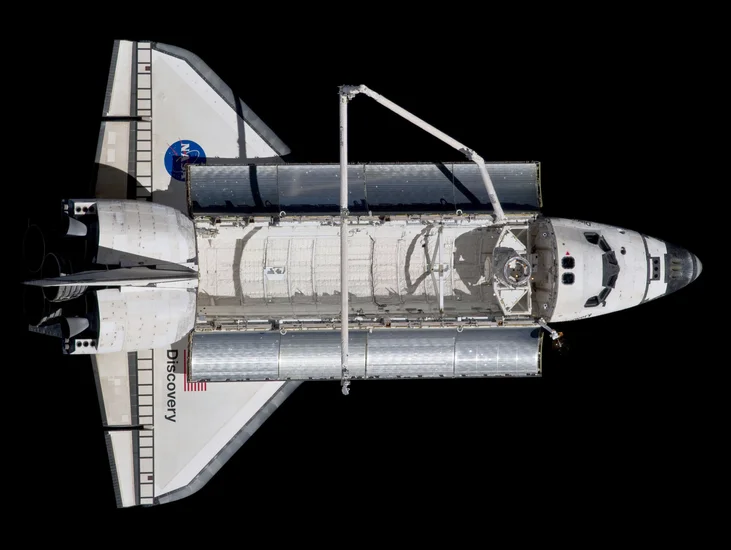
Space Shuttle Discovery launched on a critical mission to service the Hubble Space Telescope. The crew performed essential maintenance and upgrades that extended Hubble’s operational life.
Astronauts conducted multiple spacewalks to replace instruments and repair systems. This servicing mission ensured Hubble’s continued contributions to astronomical research and discovery.
2001 – Space Shuttle Endeavour Radar Mission
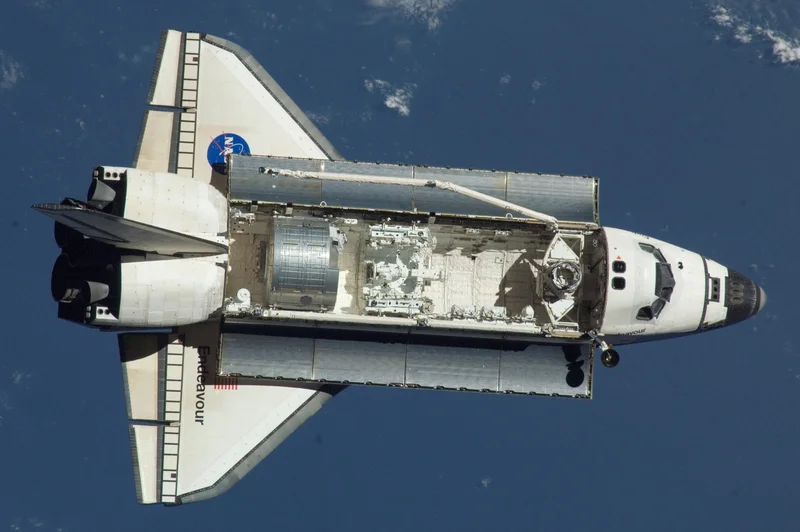
Space Shuttle Endeavour launched on STS-99 to conduct the ambitious Shuttle Radar Topography Mission. The mission aimed to create detailed topographical maps of Earth’s surface.
The radar mapping project generated unprecedented three-dimensional images of terrain. Endeavour’s mission produced valuable data for scientific research and navigation applications.
2020 – COVID-19 Officially Named by WHO

The World Health Organization officially designated the coronavirus outbreak as COVID-19, with the virus named SARS-CoV-2. This nomenclature provided scientific clarity during the emerging global pandemic.
The WHO’s announcement came as the virus spread rapidly worldwide. The official naming helped coordinate international response efforts and scientific research.
Cultural and Arts Events on February 11
1903 – Bruckner’s 9th Symphony Premiere

Anton Bruckner’s monumental 9th Symphony received its first performance in Vienna, Austria. The posthumous premiere showcased the composer’s final masterpiece to an appreciative audience.
The symphony’s premiere occurred six years after Bruckner’s death. Vienna’s musical establishment finally recognized the composer’s genius through this powerful performance.
1938 – BBC’s First Science Fiction TV Programme
BBC Television produced the world’s first science fiction television program, adapting Karel Čapek’s play R.U.R. The broadcast introduced television audiences to the concept of robots.
This groundbreaking production explored themes of artificial intelligence and automation. The program established science fiction as a legitimate television genre for future generations.
1963 – The Beatles Record First Album

The Beatles recorded their debut album “Please Please Me” in a marathon session at Abbey Road Studios. The recording captured the band’s early energy and established their signature sound.
The album’s creation marked the beginning of Beatlemania and the British Invasion. “Please Please Me” launched the Beatles toward unprecedented global success and cultural influence.
1933 – LAPD Destroys Political Artworks
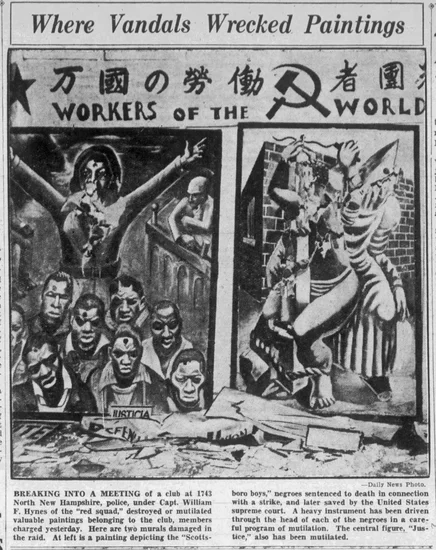
The LAPD Red Squad raided a John Reed Club art exhibition, destroying twelve political artworks in the process. This censorship incident highlighted tensions between artistic expression and political suppression.
The raid targeted communist-affiliated artists and their works. The destruction of these artworks demonstrated the extent of political persecution during the Great Depression era.
Religious and Social Events on February 11
1906 – Pope Pius X Issues Vehementer Nos
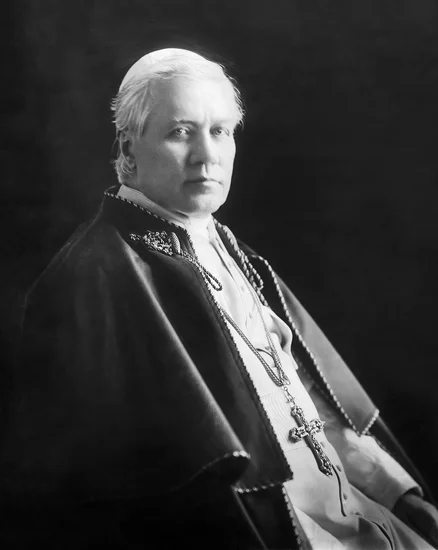
Pope Pius X published the encyclical Vehementer Nos, strongly condemning the separation of church and state in France. The papal document criticized French secularization policies and defended Catholic privileges.
The encyclical responded to France’s 1905 law separating church and state. Pius X’s forceful language reflected the Vatican’s resistance to secular governance and religious freedom.
1946 – Revised Standard Version New Testament Published
The New Testament of the Revised Standard Version was published, presenting the first significant challenge to the King James Bible’s authority. This translation incorporated modern scholarship and archaeological discoveries.
The RSV represented decades of biblical scholarship and linguistic research. Its publication sparked intense debate within Protestant churches about biblical authority and translation accuracy.
2015 – Turkish Student Murder Sparks Protests

A university student’s murder while resisting rape in Turkey triggered nationwide protests against gender-based violence. The tragic incident galvanized Turkish women’s rights activists and civil society organizations.
The protests highlighted endemic violence against women in Turkish society. Demonstrators demanded stronger legal protections and cultural changes to address harassment and assault.
Business and Economic Events on February 11
1929 – Italy and Vatican Sign Lateran Treaty
The Kingdom of Italy and the Vatican signed the historic Lateran Treaty, establishing Vatican City as an independent state. This agreement resolved the “Roman Question” that had persisted since Italian unification.
The treaty recognized papal sovereignty over Vatican City and provided financial compensation. Mussolini’s government gained Catholic Church support while the Pope recovered temporal authority.
1937 – Flint Sit-Down Strike Ends
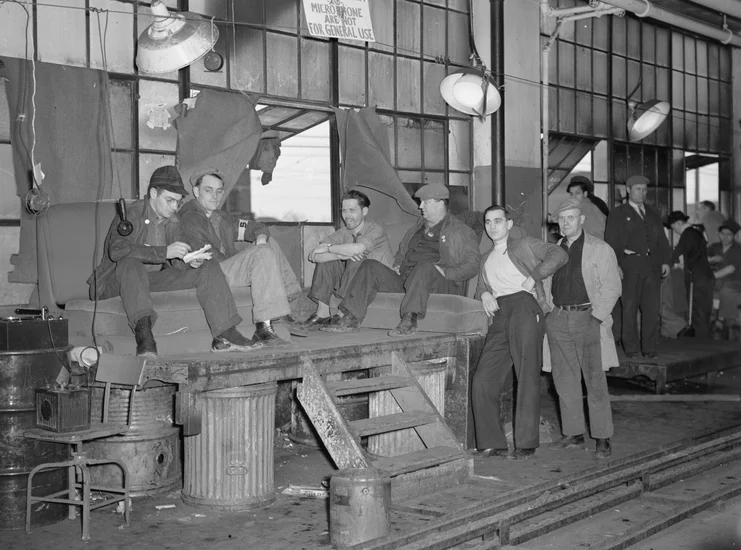
The Flint sit-down strike concluded when General Motors recognized the United Auto Workers union. This victory transformed American labor relations and established industrial unions’ legitimacy.
The 44-day strike demonstrated the power of organized labor activism. GM’s recognition of the UAW sparked similar organizing campaigns across American manufacturing industries.
2001 – Anna Kournikova Virus Spreads
A Dutch programmer unleashed the Anna Kournikova virus, which infected millions of email accounts worldwide. The malicious software spread through fake photographs of the tennis star.
The virus highlighted vulnerabilities in email security systems. The incident prompted organizations to strengthen cybersecurity measures and employee training programs.
Transportation and Infrastructure on February 11
1959 – Federation of Arab Emirates Created
The Federation of Arab Emirates of the South was established as a British protectorate in the Arabian Peninsula. This political arrangement organized various emirates under British protection and administration.
The federation represented Britain’s strategy to maintain influence in the Persian Gulf region. The arrangement provided security guarantees while preserving traditional emirate governance structures.
1978 – Pacific Western Airlines Crash

Pacific Western Airlines Flight 314 crashed at Cranbrook Airport in British Columbia, killing 42 people with only seven survivors. The tragic accident highlighted aviation safety concerns in challenging weather conditions.
The crash investigation revealed critical safety deficiencies in approach procedures. The disaster prompted improvements in Canadian aviation regulations and airport safety standards.
2014 – Algerian Military Transport Crash

A military transport plane crashed in mountainous terrain in Algeria’s Oum El Bouaghi Province, killing all 77 people aboard. The accident represented one of Algeria’s deadliest aviation disasters.
The crash occurred during difficult weather conditions in challenging terrain. The tragedy highlighted the risks faced by military aviation in North African operations.
Sports and Recreation on February 11
1990 – Buster Douglas Defeats Mike Tyson

Buster Douglas scored one of boxing’s greatest upsets by knocking out Mike Tyson in Tokyo to win the heavyweight championship. The 42-to-1 underdog’s victory shocked the sporting world.
Douglas’s triumph ended Tyson’s aura of invincibility and reign as undisputed champion. The knockout punch in the tenth round created one of sports history’s most memorable moments.
Notable Births on February 11
1902 – Arne Jacobsen, Danish Architect
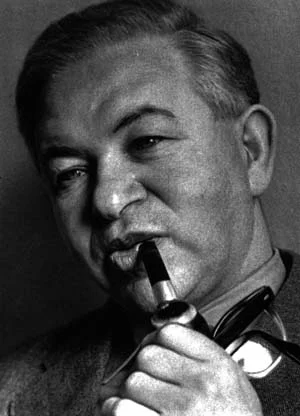
Arne Jacobsen entered the world in Copenhagen, Denmark, destined to become one of the 20th century’s most influential architects and designers. His childhood fascination with form and function shaped his modernist aesthetic.
Jacobsen would revolutionize Scandinavian design through iconic buildings like the Radisson Blu Royal Hotel. His furniture designs, including the famous Egg Chair, became timeless symbols of Danish modernism.
1909 – Joseph L. Mankiewicz, American Film Director
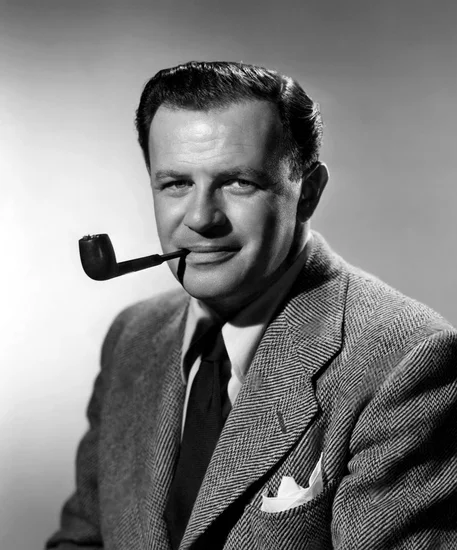
Joseph L. Mankiewicz was born in Pennsylvania to German-Jewish immigrant parents. His early exposure to literature and theater influenced his sophisticated approach to filmmaking.
Mankiewicz would direct classics like “All About Eve” and “The Ghost and Mrs. Muir.” His wit and intelligence earned him multiple Academy Awards and cemented his Hollywood legacy.
1917 – Sidney Sheldon, American Author
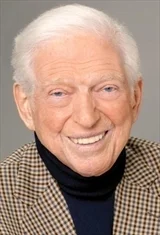
Sidney Sheldon was born in Chicago, Illinois, beginning a life that would span multiple entertainment mediums. His early struggles with poverty motivated his relentless pursuit of success.
Sheldon became one of the world’s best-selling novelists with works like “Master of the Game.” His television writing earned him Emmy Awards before his literary career flourished.
1920 – Farouk of Egypt, Last King
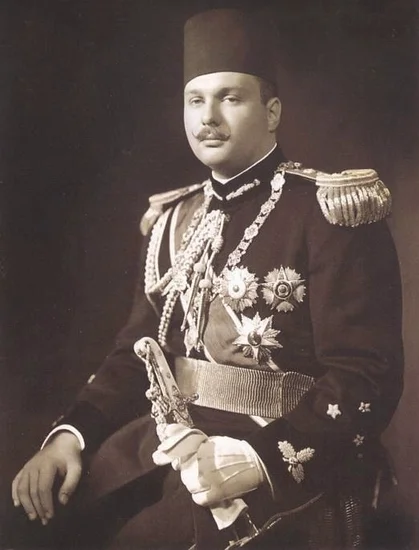
Farouk was born in Cairo as heir to the Egyptian throne during British colonial rule. His privileged upbringing prepared him for leadership during one of Egypt’s most turbulent periods.
Farouk’s reign ended with the 1952 revolution that established the modern Egyptian republic. His extravagant lifestyle and political challenges defined Egypt’s transition from monarchy to republic.
1925 – Leslie Nielsen, Canadian-American Actor
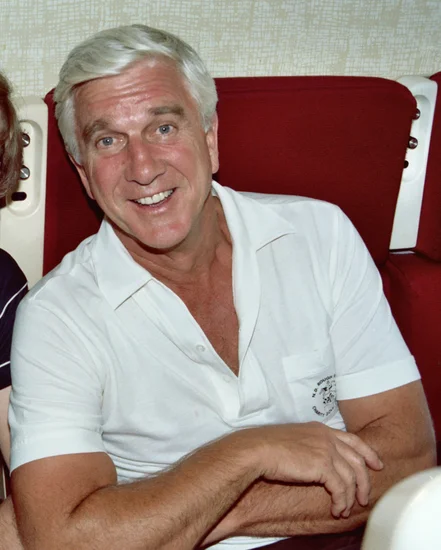
Leslie Nielsen was born in Regina, Saskatchewan, to Danish and Welsh immigrant parents. His early interest in performance arts led him to New York’s dramatic training programs.
Nielsen transformed from serious dramatic actor to comedy legend through films like “Airplane!” and “The Naked Gun.” His deadpan delivery and physical comedy made him an international star.
1934 – Burt Reynolds, American Actor

Burt Reynolds was born in Lansing, Michigan, and raised in Florida where he excelled in sports. A football injury redirected his ambitions toward acting and performance.
Reynolds became one of Hollywood’s biggest stars through films like “Smokey and the Bandit” and “Deliverance.” His charismatic screen presence and rugged charm defined 1970s cinema.
1953 – Jeb Bush, American Politician
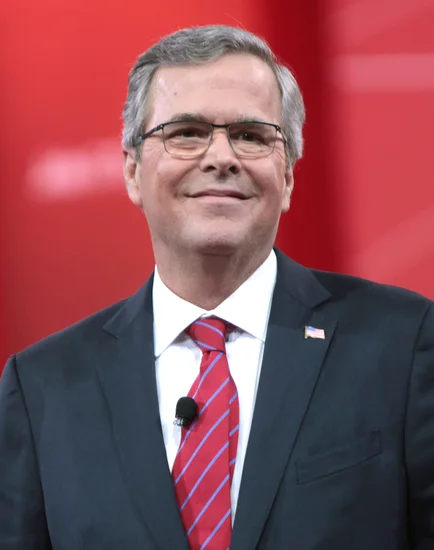
Jeb Bush was born in Midland, Texas, into America’s most prominent political dynasty. His early exposure to public service shaped his conservative political philosophy.
Bush served as Florida’s 43rd governor and sought the Republican presidential nomination in 2016. His moderate conservatism and policy expertise distinguished him within the Bush family legacy.
1964 – Sheryl Crow, American Singer-Songwriter

Sheryl Crow was born in Kennett, Missouri, where she began her musical journey studying classical piano. Her small-town upbringing influenced her authentic American sound.
Crow achieved massive success with hits like “All I Wanna Do” and “If It Makes You Happy.” Her versatile artistry earned multiple Grammy Awards and lasting musical influence.
1969 – Jennifer Aniston, American Actress

Jennifer Aniston was born in Sherman Oaks, California, to actor parents who introduced her to entertainment industry. Her early exposure to acting shaped her natural comedic timing.
Aniston achieved global fame as Rachel Green on “Friends” and maintained success in romantic comedies. Her enduring popularity made her one of Hollywood’s most bankable stars.
1996 – Daniil Medvedev, Russian Tennis Player

Daniil Medvedev was born in Moscow, Russia, where he began playing tennis at age six. His unique playing style and mental toughness distinguished him from traditional tennis approaches.
Medvedev reached the world’s number one ranking and won the US Open championship. His analytical approach to tennis and distinctive personality made him a fan favorite.
Notable Deaths on February 11
1963 – Sylvia Plath, American Poet
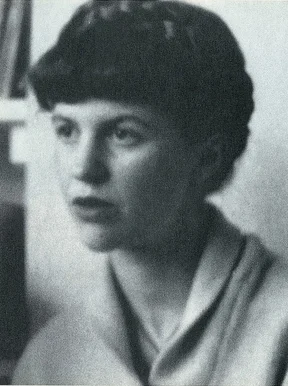
Sylvia Plath died tragically at age 30 in London, England, cutting short one of literature’s most promising careers. Her confessional poetry style influenced generations of writers exploring personal trauma.
Plath’s posthumously published works, including “Ariel,” established her literary immortality. Her raw emotional honesty and technical mastery made her an enduring voice in American poetry.
1986 – Frank Herbert, American Science Fiction Author
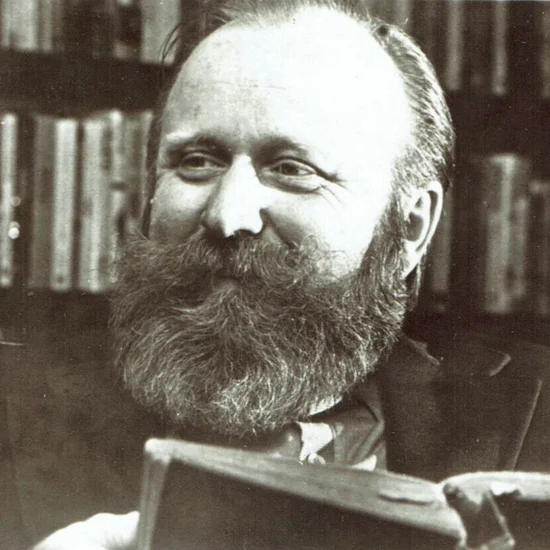
Frank Herbert died in Madison, Wisconsin, leaving behind the monumental “Dune” series that revolutionized science fiction literature. His ecological themes and complex world-building influenced countless authors.
Herbert’s “Dune” became one of the best-selling science fiction novels ever written. His exploration of power, religion, and environmental concerns created a lasting literary legacy.
2006 – Peter Benchley, American Author
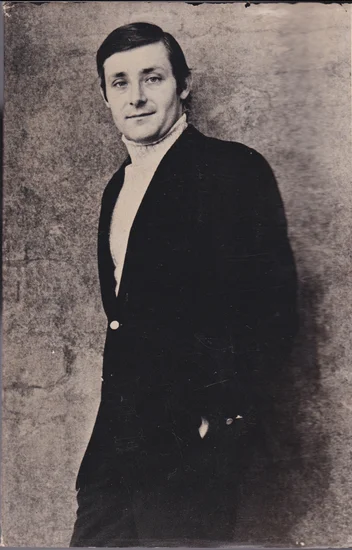
Peter Benchley died in Princeton, New Jersey, remembered for creating “Jaws,” the novel that spawned the blockbuster film. His maritime thriller launched the modern summer blockbuster era.
Benchley later became a marine conservation advocate, working to protect sharks from overfishing. His environmental activism sought to correct misconceptions his fiction had inadvertently created.
2012 – Whitney Houston, American Singer

Whitney Houston died in Beverly Hills, California, at age 48, ending one of music’s most powerful voices. Her technical ability and emotional range made her one of the best-selling artists ever.
Houston’s rendition of “I Will Always Love You” became one of the best-selling singles in history. Her tragic death highlighted the pressures faced by global superstars.
2011 – Alexander McQueen, British Fashion Designer

Alexander McQueen died in London at age 40, shocking the fashion world with his sudden departure. His avant-garde designs and theatrical runway shows revolutionized haute couture.
McQueen’s boundary-pushing creativity earned him international acclaim and celebrity clientele. His death marked the loss of one of fashion’s most innovative and influential voices.
Holidays and Observances on February 11
European 112 Day
The European Union observes European 112 Day to promote awareness of the continent’s universal emergency number. This observance educates citizens about accessing emergency services across EU member states.
The 112 emergency number provides crucial assistance during crises and disasters. Educational campaigns on this day emphasize the importance of knowing emergency contact procedures.
National Foundation Day in Japan

Japan celebrates National Foundation Day, commemorating the legendary founding of the Japanese nation. This national holiday honors Emperor Jimmu’s ascension and Japanese cultural heritage.
The observance includes ceremonies at shrines and cultural institutions throughout Japan. Citizens reflect on Japanese history and the country’s development into a modern nation.
International Day of Women and Girls in Science

The United Nations observes International Day of Women and Girls in Science to promote gender equality in scientific fields. This day highlights women’s contributions to science and technology.
Educational programs and media campaigns showcase female scientists and their achievements. The observance encourages young girls to pursue careers in science, technology, engineering, and mathematics.
